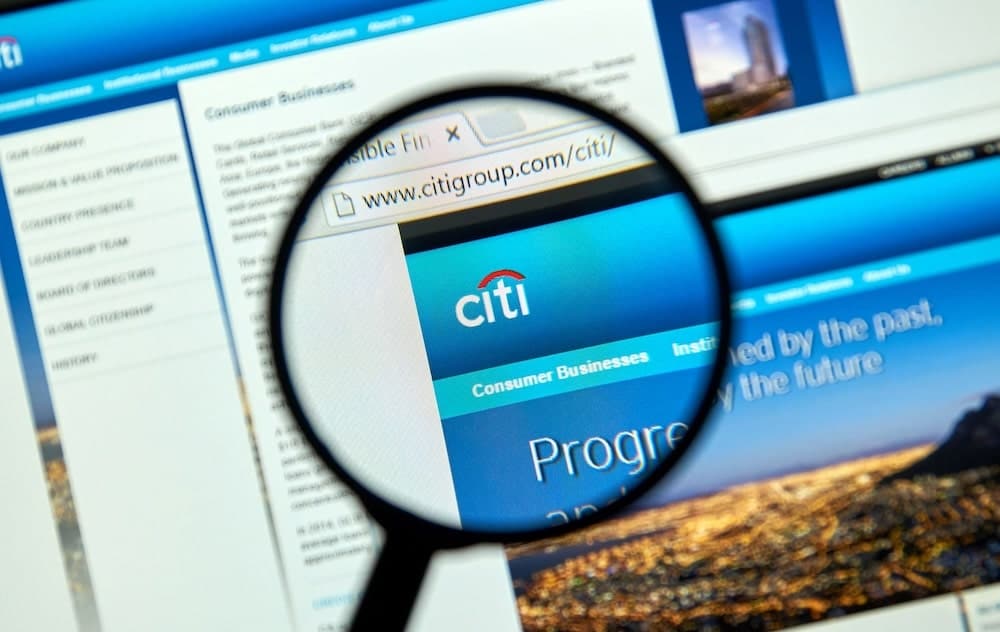
In a riveting exposé that has sent shockwaves through the financial world, Ardith Lindsey, a managing director at Citigroup, has blown the whistle on a culture of sexual harassment and gender discrimination within the bank. Her lawsuit reveals a dark underbelly that implicates top executives and raises questions about corporate accountability.
Lindsey’s allegations against her supervisor, Mani Singh, read like a gripping thriller. The once-respected Singh allegedly subjected her to years of abuse, including violent threats against her and her family. Their relationship took a sinister turn, leading to a barrage of menacing phone calls and disturbing text messages. Lindsey’s claim includes chilling statements like “I am going to set you on fire” and “Kids or no kids, I don’t give a f—; I plan to burn it all down.”
What’s equally shocking is Citigroup’s alleged complicity. Despite red flags, the bank reportedly promoted Singh while failing to protect Lindsey and other women. The lawsuit paints a picture of a “pervasive” culture where harassment thrived unchecked. How could a financial giant with a global reputation allow such behavior to persist?
Lindsey’s case isn’t isolated. She points to Citi’s equities division as a hotbed of misconduct. Male bankers allegedly frequented strip clubs, made inappropriate comments about female colleagues, and even indulged in cocaine use within the office walls. The lawsuit names several senior Citigroup executives allegedly involved in discriminatory practices.
The toll on Lindsey’s well-being has been immense. She now battles post-traumatic stress disorder, depression, and memory loss—a direct result of the hostile work environment she endured. Her doctors attribute these conditions to the trauma she faced.
Citigroup’s public condemnation of discrimination and harassment in November seems at odds with Lindsey’s account. While the bank claims to prioritize employee well-being, Lindsey’s lawsuit suggests systemic issues that persisted despite her attempts to seek help.
Ardith Lindsey’s courage in speaking out serves as a wake-up call. It’s time for organizations to introspect, take responsibility, and create workplaces where every employee feels safe and respected.